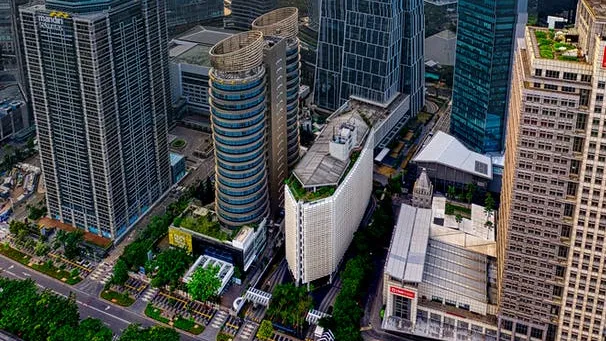
Recent trends in Jakarta’s retail market revealed
International brands are now opening their first stores in the city.
Jakarta’s retail market remains stable with limited new supply and healthy occupancy levels. According to JLL, mall landlords continue to reshape tenant mixes by replacing under-performing brands with F&B and entertainment tenants.
On the back of this trend, F&B tenants are also becoming more focused on the dining experience and promoting their uniqueness.
Here’s more from JLL:
In another recent trend, international brands have begun actively opening their first store in Indonesia. Examples include sports tenants, Salomon and Sun & Sand Sports. F&B tenants, Gopizza and Karaage Kei, also opened their first stores in Gandaria City. Meanwhile, the e-commerce group JD.ID has closed its business in Indonesia, including all physical stores.
No new Prime retail supply in the year to date
The unofficial moratorium on new shopping mall development within Jakarta’s city limits is such that few malls have been completed in the year to date. As such, vacancy rates, particularly in Jakarta’s Prime malls, remained in the single digits in the quarter despite relatively low net absorption levels.
While the moratorium is not official policy, there has yet to be any indication as to when or if the restrictions on new developments are likely to be lifted. Mixed-use or non-core developments will likely be the entry point for new supply. Although there are some non-Prime malls in the pipeline, the future supply pipeline for Prime malls remains extremely thin.
Prime mall rents remain stable
Rents were essentially flat in Jakarta’s Prime malls in 1Q23. Despite the lack of supply and healthy occupancy, the dominance of large retail groups ensures that rent growth tends to be relatively moderate in Jakarta. Annual single-digit increments occurred in the previous year, and we expect an increase of around 3% this year.
Many retailers, including international brands, have partnered with some retail groups (MAP, for example, has more than 150 brands under its umbrella). These groups have significant bargaining power, and they can often negotiate tenant-favourable lease terms and, thus, keep rent escalations to a relative minimum.
Outlook: No new supply is expected soon
Extremely limited future supply is likely to keep vacancy rates low. Shopping malls will likely continue repositioning the tenant mix to accommodate more F&B and entertainment tenants; hence, these tenants will likely continue to seek expansion space.
We may see some minor, single-digit rent increments, although the dominance of large retail groups and the fact that active tenants are not necessarily the biggest payers may limit rent growth despite high occupancy levels in the Prime retail market. The continuation of the historical trend is likely, with single-digit annual growth expected in 2023.
Note: Jakarta Retail refers to Jakarta's overall prime retail market.



















 Advertise
Advertise







